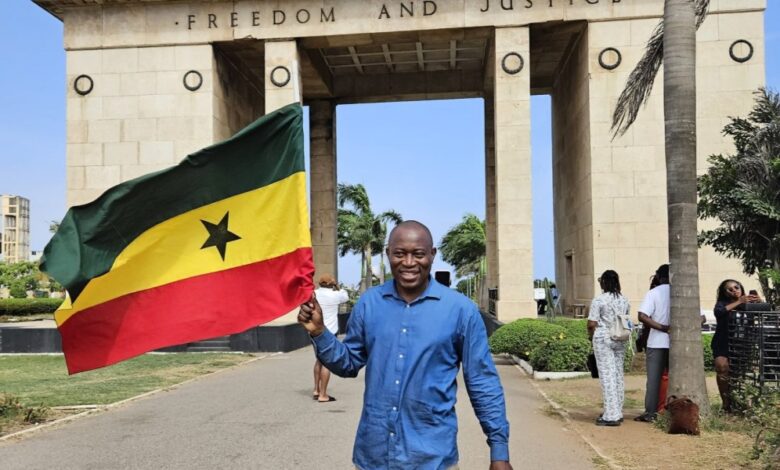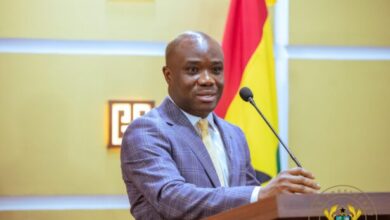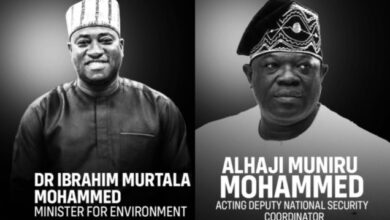Let’s not allow the Wesley Girls SHS debate to create division

Media personality Yussif Abdul Ganiyu Inshola has urged Ghanaians to approach the Wesley Girls’ High School religious rights debate with restraint, warning that disagreements over school policy must not undermine the national culture of peaceful coexistence.
Reacting to concerns raised after Muslim students were prevented from observing fasting prayers, he said his own upbringing illustrates how shared spaces can break down divisions.
“Schooling together shaped how I see people. It shaped how many of us live today,” he wrote.
“I grew up seeing differences, but I also saw how those differences fade when people share space, classrooms, food, and play.”
Inshola said he is concerned that the ongoing debate is generating polarisation that does not reflect the lived reality of most Ghanaians.
“That is why this Wesley Girls SHS conversation must not push us into division. I know what coexistence looks like because I lived it,” he emphasised.
He described his childhood in Aboabo, a Zongo community in Kumasi, where his Muslim family shared a compound with a Catholic family.
“My childhood was simple and honest: We went to school together. We played together. We even went to the mosque together. During Eid, we ate together. During Christmas, we ate together again.”
According to him, these everyday interactions shaped how he continues to relate to others. “As I grew up, this connection deepened. My girlfriend at the time was a Christian.
My best friend is a Christian. These are people I love and trust. How can I harm them? And how can they harm me? Our bond goes beyond labels,” he said.
“Nothing between us was built on fear. It was built on respect and daily contact. This is what schooling together creates. You see people first, not religion.”
He cautioned that Ghana’s interfaith harmony should not be taken for granted, adding that other countries have struggled because communities grow up separately.
“Many countries don’t have this kind of mixing. Even our neighbour Nigeria faces deeper divisions because children often grow up apart,” he stated. “Ghana works because we mix.”
Turning to the Wesley Girls matter, he asked that frustrations be addressed without deepening mistrust.
“Yes, some policies create frustration. Yes, fairness matters. But we shouldn’t let this weaken the relationship between Muslims and Christians in this country,” he said. “We are one people. We live together, marry each other, work together, celebrate together, and mourn together.”
He pointed to his experience at Zuria FM as evidence that interfaith collaboration is already embedded in Ghanaian society. “Zuria FM focuses on Muslims and Zongo communities… yet the person who keeps us on air, our chief engineer, is a Catholic Christian,” he said.
“He handles the Friday Qur’an recitation broadcast. He keeps the system stable. He makes it possible for us to reach listeners every week.”
“This is the Ghana I know,” he added.
Inshola concluded by urging Ghanaians to protect this social fabric even as they debate fairness and school policy. “Let’s fix problems without creating division.
“Let’s argue without hate. Let’s push for fairness without breaking the long relationship that has held this country together,” he wrote. “I lived this life. I benefited from it. And I know one thing: When we stay together, Ghana wins.”




